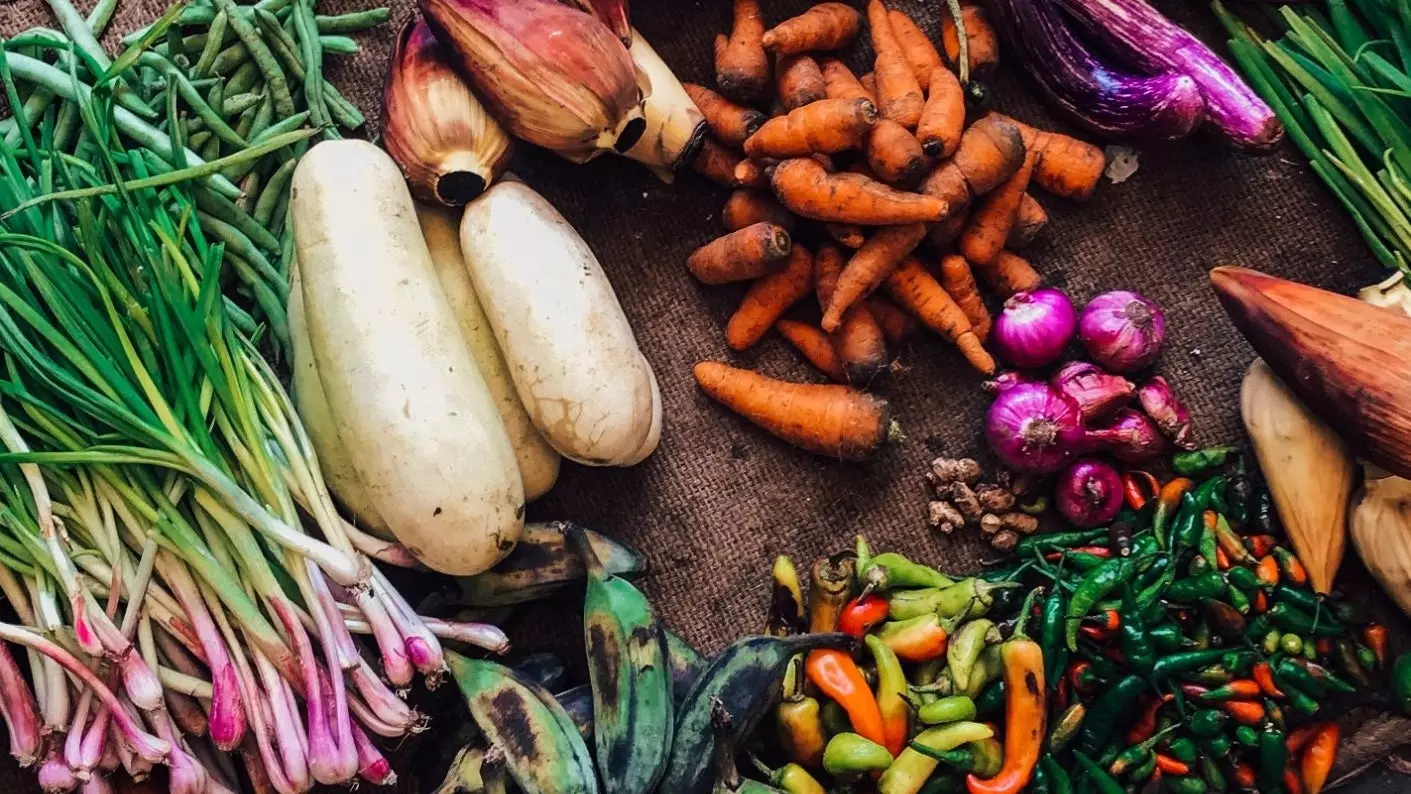
Food waste seriously affects the environmental crisis
Reducing the differences between rich countries and developing countries is the objective of organizations such as United Nations for decades. However, unfortunately, both realities sometimes resemble each other from the wrong side. This time, it is the massive food waste problem, which, for the first time, equals all types of territories regardless of their income level.
Not a minor problem: globally every year 121 kilograms of food per person is wasted . We are talking about some 931 million tons of food - 17% of the total food available to consumers in 2019 - ended up in the bins of homes, retailers, restaurants and other food services.
Households are the most wasteful, leaving 11% of everything they buy unconsumed, compared to food services and retail establishments, which waste 5% and 2%, respectively.
FOOD WASTE BY COUNTRY
In Spain, we are a little below the world average, spending 77 kilos of food per person per year . However, in a consumer giant like the United States, this figure is much lower, reaching "only" 59 kilos. And here is the most curious thing: countries like Nigeria or South Africa are at the top of this sad index, with 189 and 134 kilos per capita respectively . In Tanzania, the figure rises to 119, while in Rwanda it is 164. Kenya is around 100, and Ethiopia, 92.
If we look at the results from Asia, Pakistan lets 250 pounds of food per person per year rot; Iraq, 169 ; India, 90; Hong Kong, 101 and Malaysia, 112. In Mexico, the figure rises to 94, while in Brazil it drops to 60.
In the case of Europe, it is precisely a country with a low income level that wastes the most, Greece (132 kilos per person per year), followed by Malta (129). The rest of the countries are below 100, with Russia being the country where the least food is thrown away (33 kilos per capita per year).
**WHY IS IT A PROBLEM TO WASTE FOOD? **
"If food loss and waste were a country, it would be the third largest source of greenhouse gas emissions ", explains Inger Andersen, director of the UN Environment Program. "Food waste also places a burden on waste management systems and exacerbates food insecurity , making it one of the main contributors to the three planetary crises of climate change: the loss of nature and biodiversity, and pollution and waste," she continues.
From the organization, they add: "At a time when measures to curb global warming are still behind, between 8% and 10% of total greenhouse gas emissions are associated with food that is not eaten , if the losses that occur before the consumer level are taken into account".
Target 12.3 of the Sustainable Development Goals set for 2030 and accepted by world leaders to eradicate poverty, protect the planet and ensure prosperity for all, pursues halve per capita global food waste at the retail and consumer level and reduce food losses along production and supply chains.
However, according to Marcus Gover, executive director of the environmental NGO WRAP, which contributed to the food waste study from which all this data comes, it is impossible for this goal to be achieved by 2030 if drastic measures are not taken.
The UN is already launching regional working groups aiming to help countries measure food waste so they are able to track the progress they can make towards the 2030 target , and design national strategies to prevent food waste at a crucial moment: when the analysis was produced, in 2019, 690 million people were affected by hunger, a number that is expected to increase drastically due to the crisis generated by COVID-19.
**HOW CAN WE AVOID FOOD WASTE AT HOME? **
The Food and Agriculture Organization of the United Nations (FAO) offers 15 tips to reduce food waste:
1. Adopt a healthier and more sustainable diet
2. Buy only what you need
3. Choose ugly fruits and vegetables
4. Store food sensibly
5.Study food labeling
6. Serve small portions
7. Use leftovers
8. Make compost with the food you don't use
9. Respect food
10.Support local producers
11.Consume the most abundant fish
12.Use less water
13. Keep floors and water clean
14. Eat more legumes and vegetables
15. Share the food you are not going to eat
